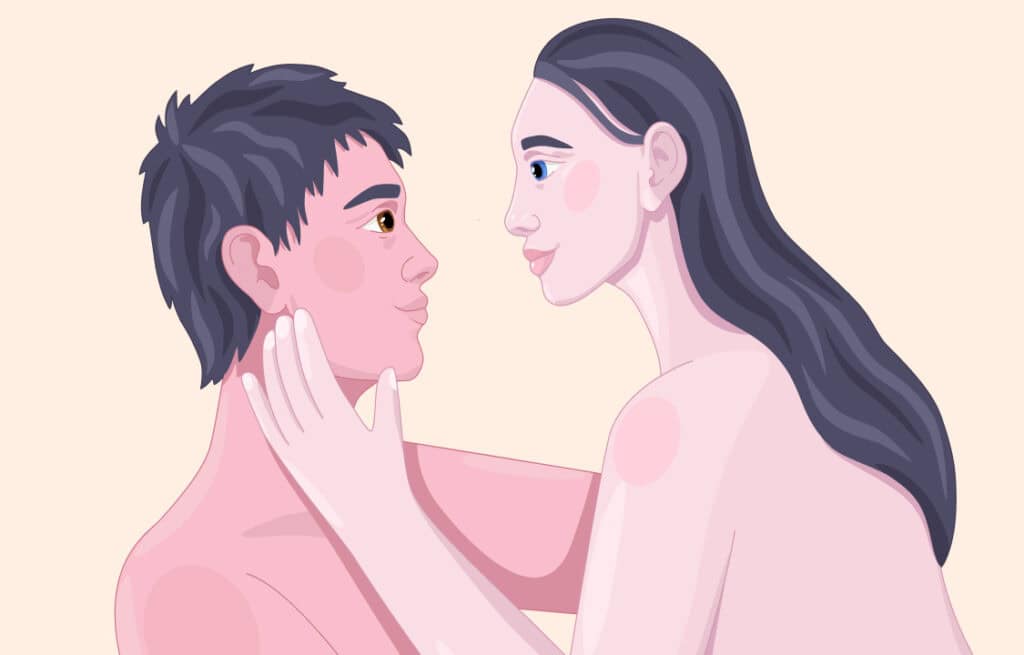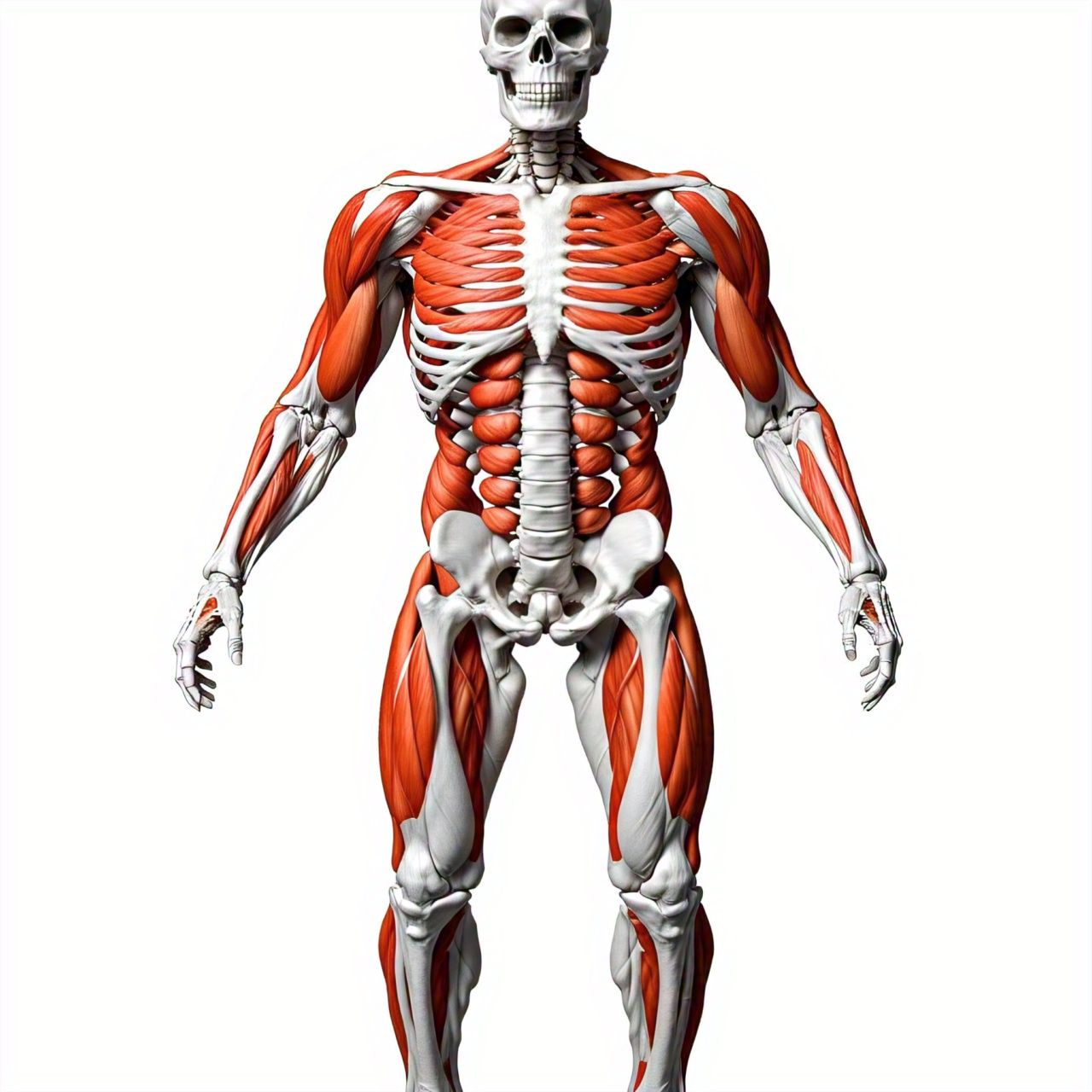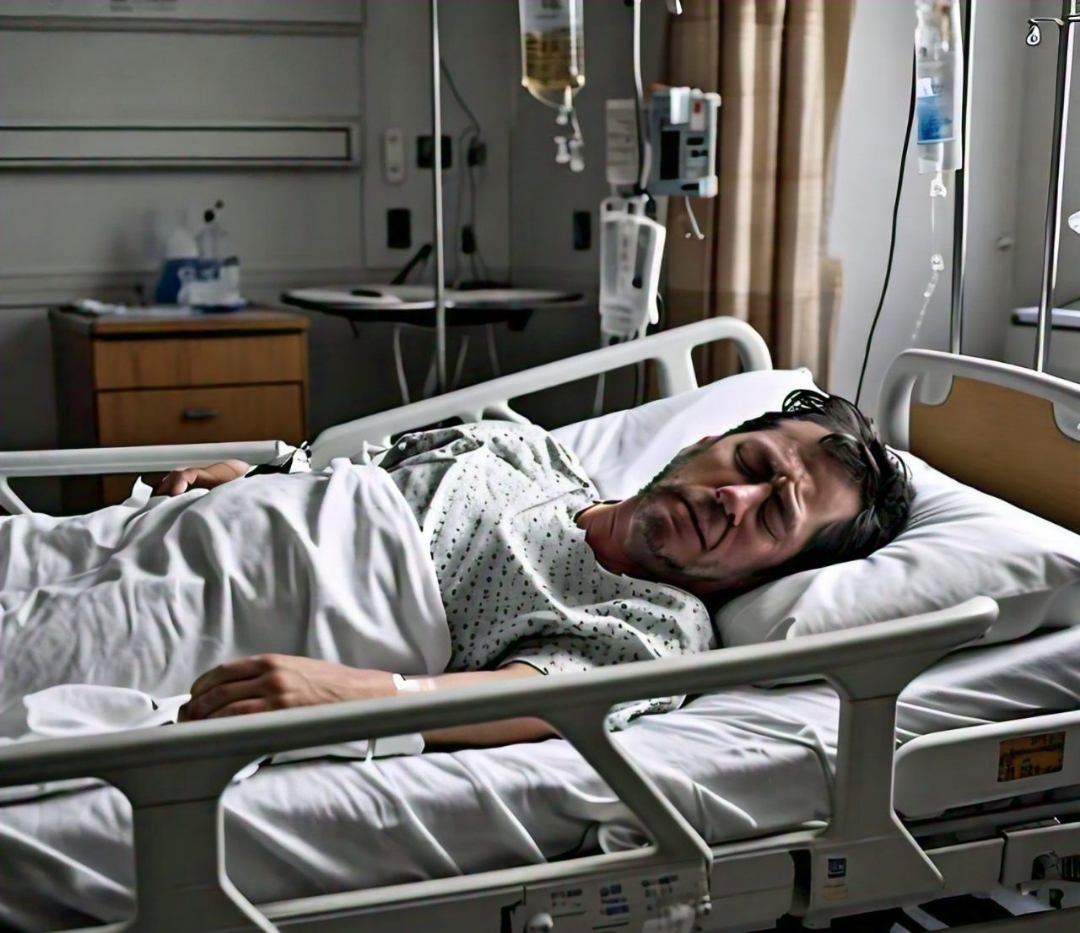Health
Patients, relatives protest unavailability of water, electricity at UCH

Health
Constant sexual intercourse does not prevent prostate cancer– urologist
Health
Taking Care of a Wound: A Step-by-Step Guide
Health
Health Talk on Low Blood Sugar: Causes, Symptoms, and Treatment
Health
The Hidden Dangers of Overcooked Food: What You Need to Know
Health
Understanding Cholesterol Blockage: Causes, Symptoms, and Treatments
Health
Cancer: Understanding the Disease and Its Treatment Options
-
News12 hours ago
Nigeria’s Super Falcons Drawn Against Tunisia, Algeria, and Botswana in Group B of 2024 WAFCON
-
News12 hours ago
NFF President, Gusau, elected 1st Vice President of WAFU B
-
News12 hours ago
EFCC warns banks against fraudulent practices
-
News12 hours ago
Again, Naira gains massively against the US Dollars
-
Education11 hours ago
Jigawa sponsors 30 Engineering graduates to China
-
Metro2 hours ago
Yobe approves N70,000 minimum wage for workers
-
News5 hours ago
FIBA Africa gives more responsibilities to the Zones…Confirms host of Afrobasket men and women events…Madagascar’s Jean Michel appointed as Vice
-
Metro9 hours ago
Nigeria sharia police to raid betting shops after court ruling
-
News22 hours ago
Navy arrests suspected oil thieves in Akwa Ibom
-
Health12 hours ago
Constant sexual intercourse does not prevent prostate cancer– urologist





























































